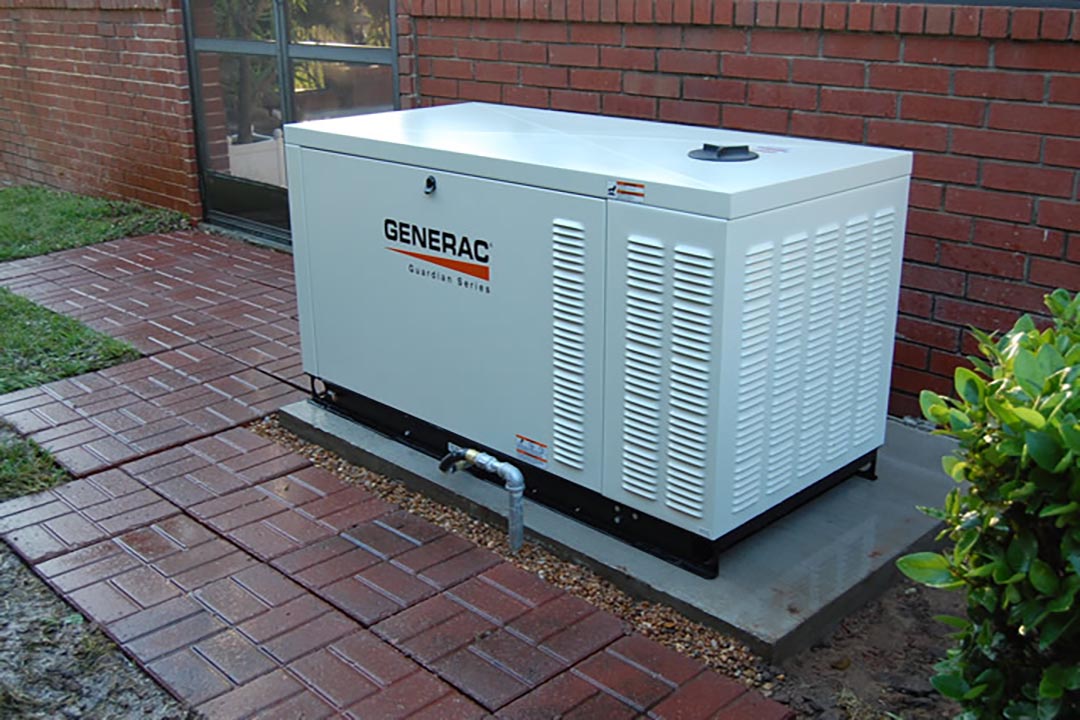You might have heard about the recent power cuts that have hit us in South Africa. This has caused a lot of concern and panic because we cannot always be reliant on electricity.
If you own a generator, then you know what it’s like to be cut off from the world when the electricity goes out. It’s important to know how to store your generator so that if this happens again, you don’t lose everything!
Most people who own generators aren’t aware of the many benefits they get from having one. It just makes sense to store your generator outside when not using it.
Why you have to store & operate your generator in outside
As the weather gets colder, you may be tempted to move your generator inside to avoid the cold. However, it is important to know that generators must be operated and stored outside. Here are a few reasons why:
1. Generators produce carbon monoxide (CO), which is a colourless, odourless gas that can be deadly. When CO builds up indoors, it can quickly reach lethal levels.
2. Generators need fresh air for proper ventilation. If they are operated indoors, they can quickly deplete the oxygen in the room and cause an explosion or fire.
3. Operating a generator indoors can also damage your home’s electrical system. The surge of power from the generator can overload circuits and cause fires.
Here are some tips on how you can do this:
Protect your generator from the elements
As the weather gets colder, many people start to think about storing their generators outside. However, it is important to take some precautions to make sure your generator is protected from the elements. Here are a few reasons why you should take care of your generator when storing it outside:
Generator engines are designed to operate in a specific temperature range. When the temperature drops below freezing, the engine can become damaged. The fuel in a generator can freeze if the temperature gets too low. This can damage the fuel system and prevent the generator from starting when you need it.
Protect from moisture
In order to protect your generator from moisture when storing it outside, there are a few things you can do. First, you can cover the generator with a tarp or some other type of waterproof cover. This will help to keep the generator dry and free from any moisture that could cause damage. Second, you can place the generator on a platform or in a shed where it will be protected from the elements. Finally, you can make sure that the area around the generator is clear of any debris or objects that could collect moisture and cause damage. By following these simple tips, you can help to ensure that your generator stays in good condition for years to come.
Make sure your battery is charged
When the power goes out, you may be relying on a backup generator to keep your lights on and your fridge running. But what happens when you go to start your generator and the battery is dead? Avoid being left in the dark by making sure your generator’s battery is always charged.
Here are a few tips to help you keep your generator’s battery in tip-top shape:
- Store your generator in a dry, outdoor location. This will help extend the life of the battery by protecting it from the elements.
- Check the battery regularly and clean any buildup of dirt or grime that could prevent it from charging properly.
- Invest in a quality charger that will properly maintain the charge on your battery. A good rule of thumb is to choose a charger that is designed for lead-acid batteries.
Store the fuel separately
When the power goes out, a generator can be a lifesaver. But if you want your generator to be ready to go when you need it, you need to take some steps to prepare it. One of the most important things you can do is to store your generator in an outside location.
Keeping your generator outside will protect it from the elements and help extend its life. It’s also important to make sure that the area around your generator is clear of debris. This will help ensure that air can flow freely around the engine, keeping it cool.
Finally, remember to always store your fuel in a separate location from your generator. This will help prevent any accidents or fires should there be a spill. By following these simple tips, you can be sure that your generator will be ready when you need it most.
Protect your generator with a cover
As the weather gets colder, many people will start to use their generators more frequently. It is important to protect your generator with a cover so that it lasts longer and works more efficiently.
A generator cover will keep your generator clean and dry, which will prevent rust and corrosion. It will also protect it from the elements, such as wind, rain, and snow.
A well-maintained generator will last longer and be more reliable. So, if you want to keep your generator running smoothly, be sure to invest in a good quality cover.

